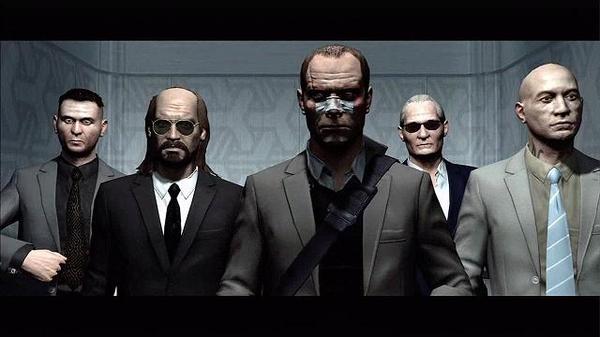This post has not been edited by the GamesBeat staff. Opinions by GamesBeat community writers do not necessarily reflect those of the staff.

Once again, games journalism has been having an internal spat over the integrity of some of its fraternity. The issue circles around a handful of opportunistic souls who took the opportunity to earn themselves a free PlayStation 3 for using a particular hashtag on Twitter while at the Games Media Awards a couple of weeks ago.
Most of the journalists who received PS3s did something constructive with them (either donating them to charity or using them as competition prizes), but they were still criticized for taking the opportunity that was presented to them.
Now, winning a PS3 was not particularly wrong. The irony comes in the fact that those doing the criticizing were doing so on the grounds that these people were making material gain for providing advertising.
The actual argument was pretty trivial, but it does bring up some interesting questions about the relationship between games journalists and the industry they report on.
First, let’s point out why the idea of games journalists not making material gains from advertising is so absurd. Every commercial-level games publication, be they online or in print, all feature advertising. The bigger the readership, the more money is made from advertising. While print publications make some money through the sales of the magazine, most of the money (and indeed all of the money for websites) is made through advertising. We shouldn’t forget that it wasn’t too long ago that Jeff Gerstmann was fired from GameSpot for panning Kane And Lynch: Dead Men, the very game that was the featured banner advert on the website when the review launched.
Advertising is where our money comes from. End of story.
Also, even our criticism of games is a form of advertising. Previews, reviews, top five lists, and news posts all put games into the public consciousness and act as a form of advertising. Even bad reviews can make people curious to see if a game really is as bad as the critics say it is.
As professional journalists, we also receive certain perks. We get early access to games, free food and drink, the chance to meet celebrities and other once-in-a-lifetime experiences, and, of course, free copies of games for review purposes. All of it can be seen as bribery to ensure favorable press.
To criticize other journalists for doing a little bit more of what we do anyway is entirely absurd. What the argument highlights is the nature of the relationship between games journalists and the games industry itself. Has games journalism gotten too close to the games industry?
To begin with, there’s no such thing as an unbiased journalist. Nobody becomes a specialized journalist because they have a passion for objective reporting. We all became games journalists because, at least in part, we all love games. That inherent bias is necessary for us all to do our jobs. It’s that passion that drives us to get up every day and write thousands of words, create podcasts, and record videos about games every day of our lives. It’s why we check our smartphones incessantly when we’re at the pub. It’s why many of us have excessive caffeine habits and irregular sleep patterns.
We also need to build relationships. We need to go to events, spend the early parts of our day emailing and calling PR representatives. It’s our relationships within the industry that allow us to do our jobs, to get that key interview with a developer, the heads up on a big news story, or the all-important early review code. We’re friends with PR and developers because we need to be, and because in most cases they’re just as passionate about games as we are.
What’s important is that the good journalists know how to be critical at the right moment. When they approach a review, all the free booze disappears from their minds and they look at the game with one purpose: to tell the world whether or not it’s any good.
In an ideal world, we wouldn’t need advertising or PR. Alas, we need to eat and keep a roof over our heads, and publishers and developers need to be able to tell the world about their games through PR and through advertising. The truth is that we need advertising and we need a close relationship with PR. We wouldn’t be able to do a good job without either one.
